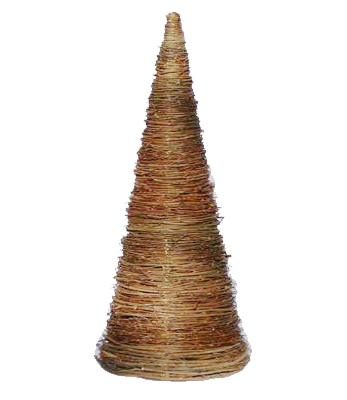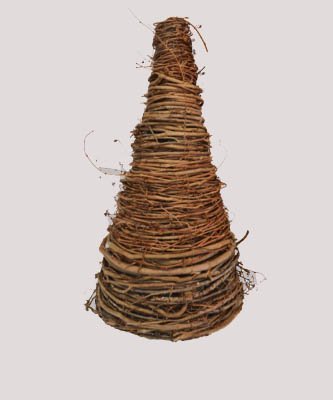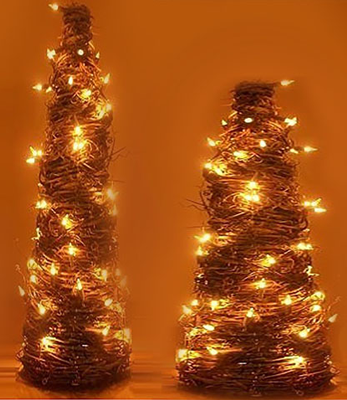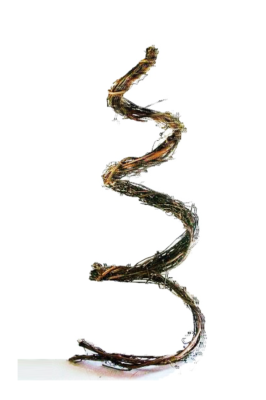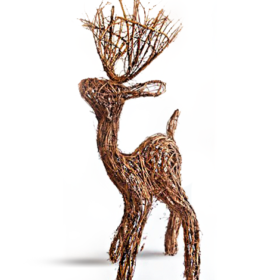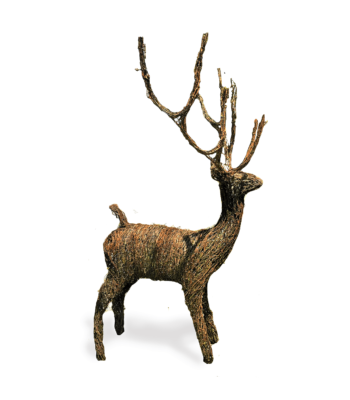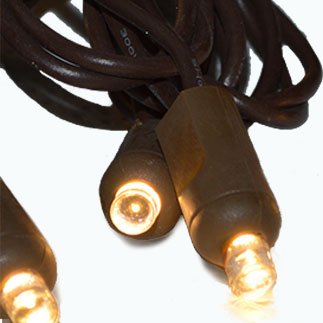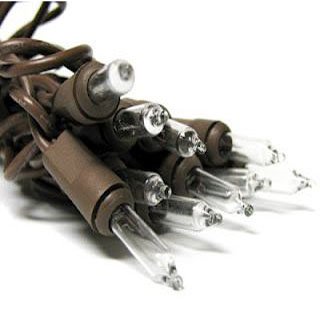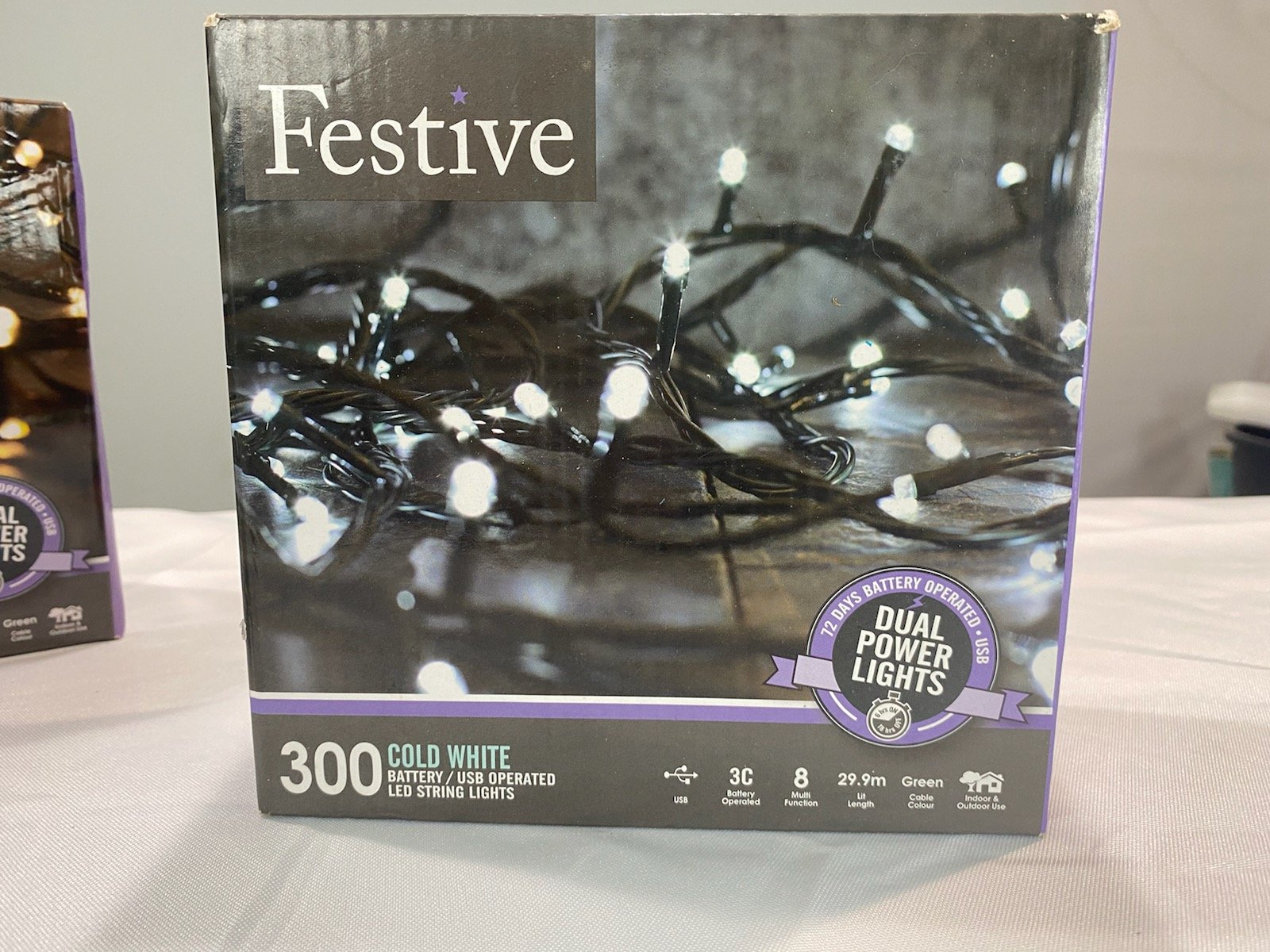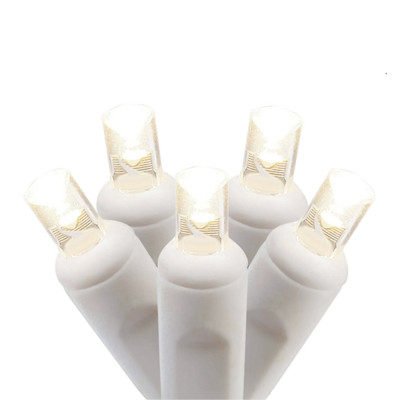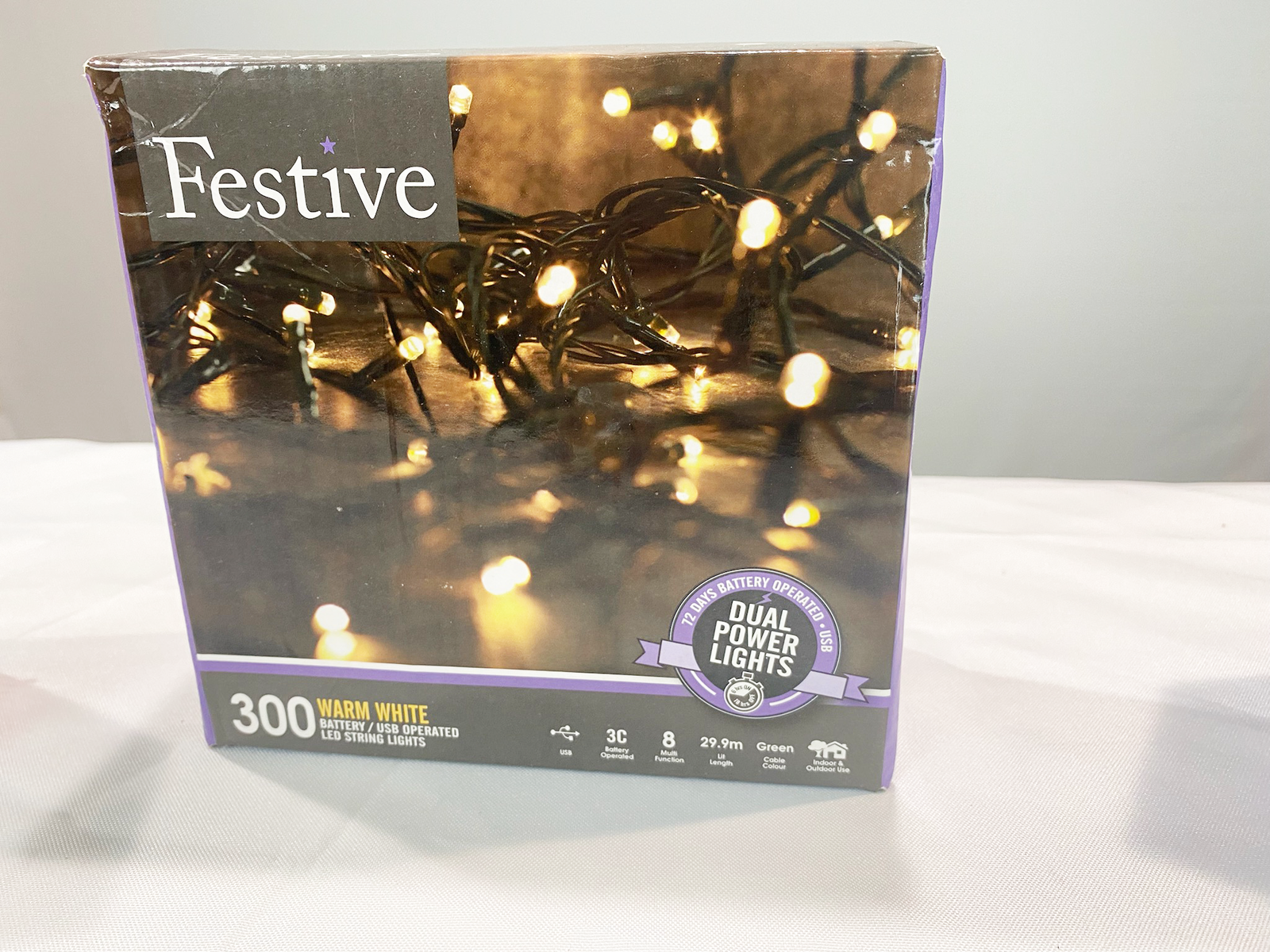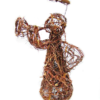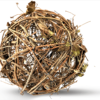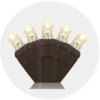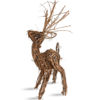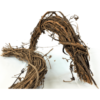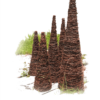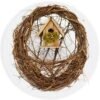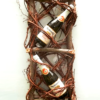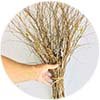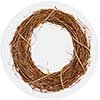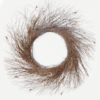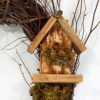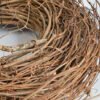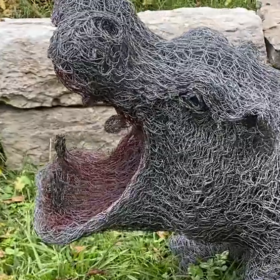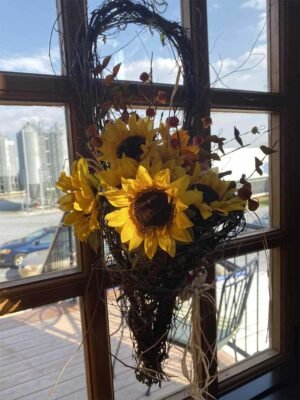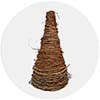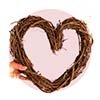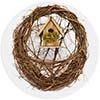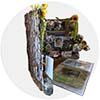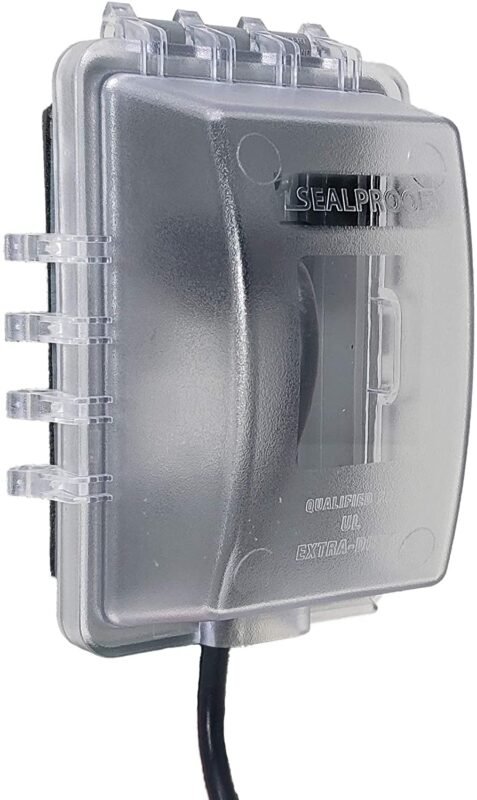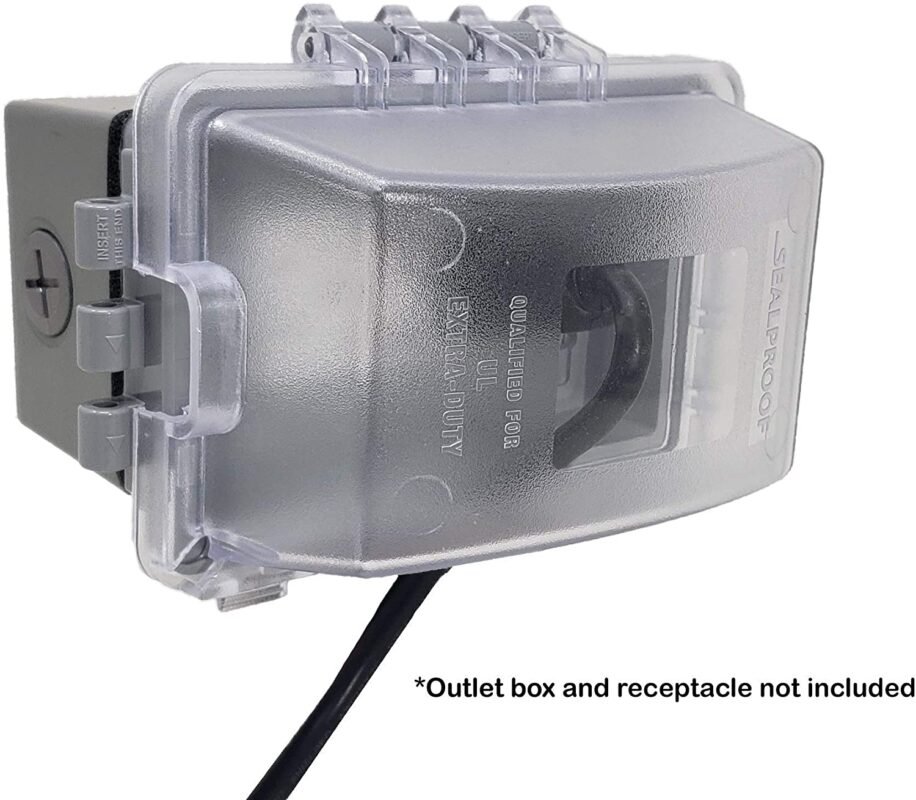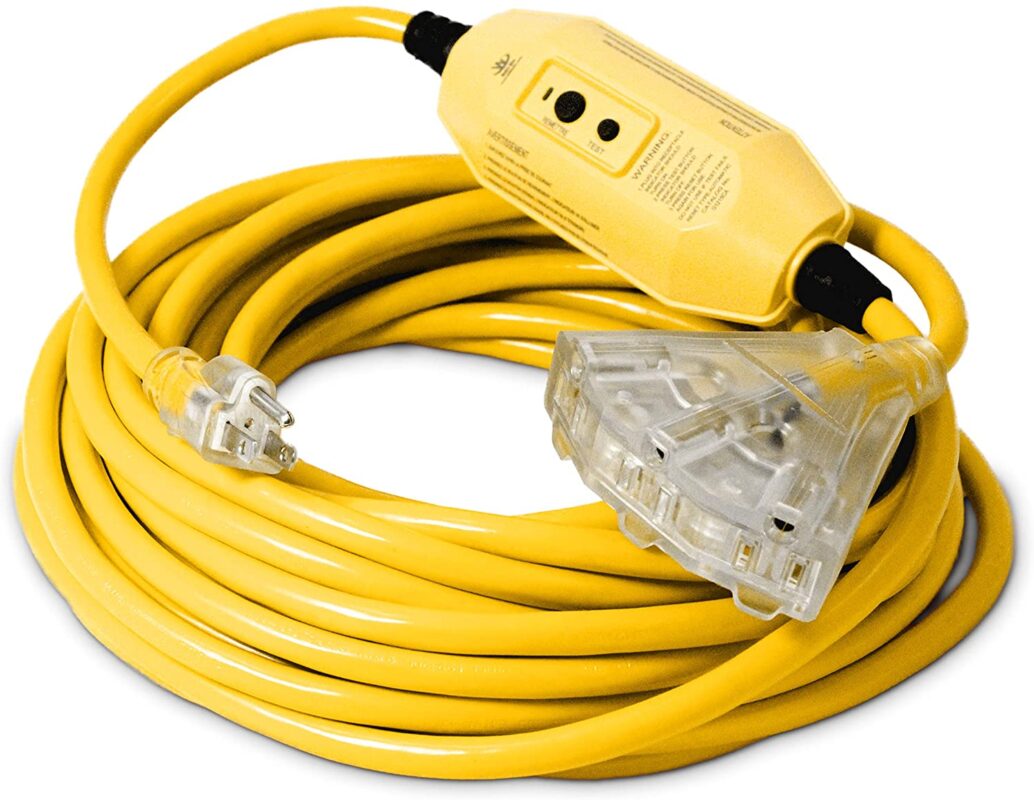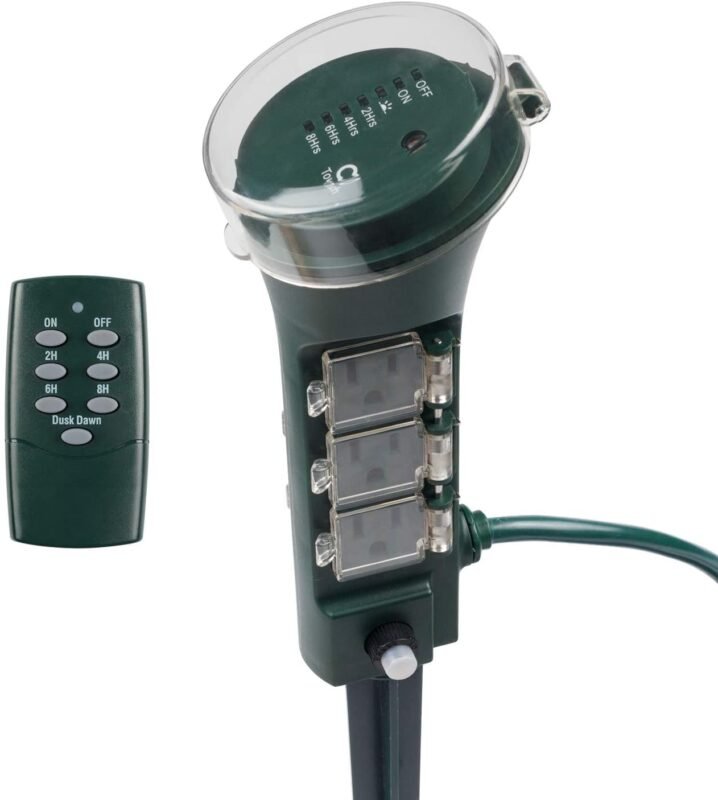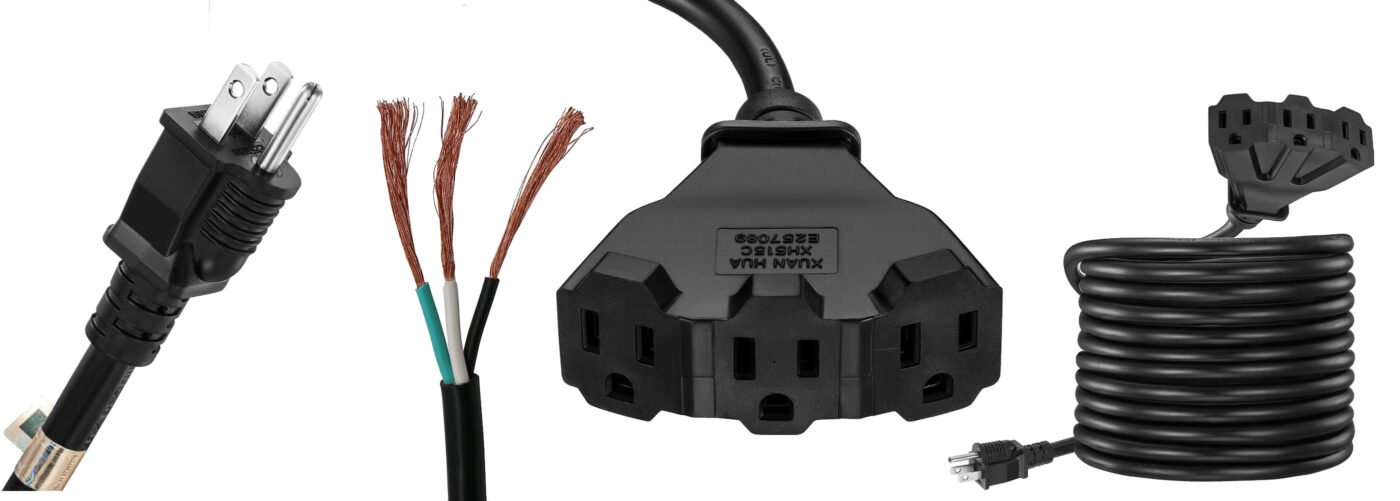How To Wire Your Lighted Balls

How To Wire Your Lighted Balls
You are ready to start the outdoor project you’ve been dreaming about for a while. You have everything you need except how to get the electricity safely to your project. Your first thought may be to grab the first extension cord you see.
However, not all extension cords are the same. Indoor and outdoor are different, and you need to stay safe when using extension cords to power your home’s outdoor projects.
You can use an outdoor extension cord safely indoors, but you should never use an indoor extension cord for outdoor projects.
What Are The Differences Between Indoor And Outdoor Extension Cords?
There are two notable differences between indoor and outdoor extension cords.
1. The insulation:
An outdoor extension cord is designed to withstand outside elements such as sunlight that can break down the insulation, moisture, and temperature flux. Indoor cords don’t offer the protective insulation that outdoor extension cords do.
2. The Wire Gauge (size of the wire)
The wire inside will determine what gauge extension cord you have. The smaller the number, the larger the wire is inside. For example, a 12 gauge wire is large and will carry more current than a 20 gauge wire.
Indoor extension cords seldom come in lengths longer than 25 feet, while outdoor extension cords come in sizes of 150 feet or more.
When you select your next extension cord, look for the labeling. All extension cords have a rating made up of letters, these codes are used to describe the type and where the cord can be used. The listing below shows the most common labels.
Letter - Meaning
- S – Flexible cord for general use
- W – Rated for outdoor use and wet locations
- J – Hard service; has standard 300 Volt insulation*
- P – Has parallel wire construction
- T – Jacket made from vinyl thermoplastic
- E – Jacket made from thermoplastic elastomer rubber (TPE)
- O – Oil resistant
Why does my extension cord not fit into my Christmas light?
An extension cord is polarized, but your Christmas lights are not.
What does polarized plug mean?
The cord’s plug has a small plug blade for the hot wire and a wide blade for the neutral wire. Giving ground to an object prevents shocks from the metal parts. Outdoor extension cords are always polarized.
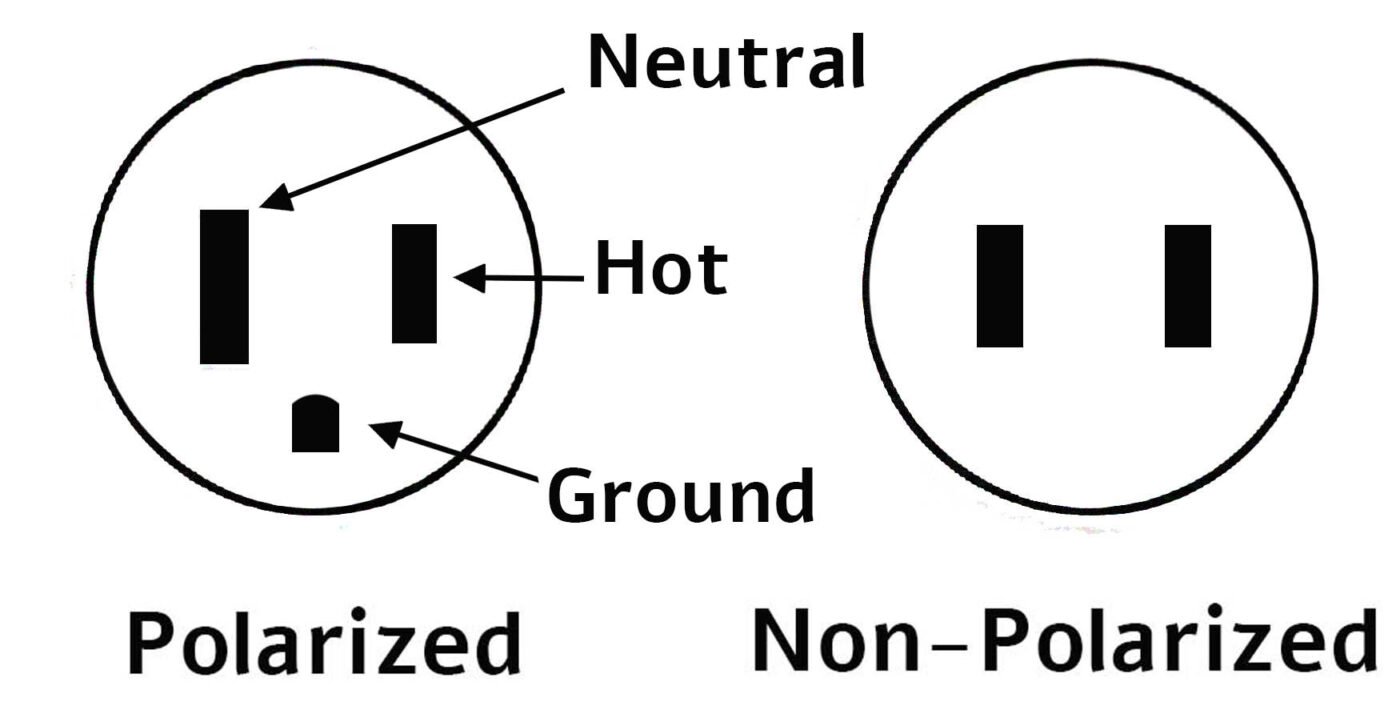
Why are Christmas lights not polarized?
Christmas lights are not polarized for safety reasons, so you can not use the lights as an extension cord and cause a fire.
A standard polarized extension cord cannot fit into the female end of the Christmas light strings.
All decorative lights (Christmas lights, etc.) end’s with a non-polarized female end. A standard polarized extension cord cannot fit into the female end of the decorative lights. Christmas light strings are “end-to-end” strings, which means they can plug into each other. The Christmas lights are designed to be plugged into an extension cord, but an extension cord can’t plug into the Christmas lights preventing a fire hazard.
Why not put a Polarized Inline Zip Plug on your lights?

Putting an inline zip plug on a set of Christmas lights is a bad idea and here’s why. You will turn the set of lights into an extension cord and this is ok if you add another set of lights but placing an extension cord into the zip plug will turn the light set into a fire hazard. The wire inside the Christmas light is thin and will not carry the flow of electricity and can quickly get overloaded and cause a fire. This is why all decorative lights (Christmas lights, etc.) end’s with a non-polarized female end.
Why Should I Use A GFCI For My Outdoor Lighting Projects?
A ground fault circuit interrupter (GFCI) is a specialized outlet with a built-in breaker. These devices will automatically shut off to prevent shock if an electrical device comes in contact with water. Using a GFCI outlet will always make your outdoor lighting project safer.
Most newer houses will have a GFCI plug outside. Building code stipulates that all new homes must have outdoor outlets fitted with a Ground Fault Circuit Interrupter (GFCI). You can check to see if your house has a GFCI plug very easily. A GFCI outlet is rectangular, and it has two buttons that pop in and out. One of the buttons allows you to test the outlet and the other button indicates that a fault has occurred.
Do It Yourself GFCI Outside Outlet
You’ve decided to go ahead and hardwire your GFCI plug yourself but have no idea how to start or what you’re doing, don’t worry. We’ve got what you need so you can do it right, not to mention safely, and with the list below along with the how-to video, you’ll be done in no time at all.
Non-Contact Voltage Tester
Let’s make sure the power is turned off. Verifies the presence of AC voltage prior to working on an electrical installation or troubleshooting.

Sealproof 1-Gang Weatherproof
In Use Outlet Cover | Horizontal/Vertical Outdoor Plug and Receptacle Protector, Lockable Bubble Cover, UL Extra Duty Compliant, 18 Configurations
Weatherproof Rectangular Exterior Electrical Outlet Box
Weatherproof Rectangular Exterior Electrical Outlet Box with 3 Outlet Holes, Three 1/2″ Holes, Single Gang, UL Listed
GFCI Outlet 20 Amp, UL Listed
Tamper-Resistant, Weather Resistant Receptacle Indoor or Outdoor Use, LED Indicator with Decor Wall Plates and Screws
Check out this how to video from the Home Depot
How to set up your lights safety with extension cords.
No matter what your outdoor project is, whether you’re hanging rusting wedding ball or setting the scene with Christmas lights, you’ll find out that an extension cord will not fit into a string of decorated lights, but this is a good thing. When it comes to lighting your outdoor scenery, it’s best to take the time and spend the extra money to do it right and be safe.
Christmas lights are not meant to be strung together over long distances because of the gauge wire used in manufacturing. You’ll find that the wire can start to overheat and cause a fire. In most commonly used Christmas lights, the wire is 18-gauge, which rates at ten amps, and the length strung together will directly affect the amperage. Suppose the length of your lights strung together is from 0 to fifty feet. In that case, your wire inside the lights will carry a ten amp rating but fifty-one to one hundred and fifty feet, and it will go down to seven amps. After the one hundred and fifty feet length, your lights will only carry a max of five amps and becomes dangerous to overheating.
You first have to ask yourself if the extension cord is in frigid climates and up for longer than the standard 90 day season time frame.
If yes, you will want thicker insulation that provides better protection against long-term UV light exposure from the sun, ice, and cold, which can drastically affect all extension cords, even heavy-duty electrical cords.
Lighted Balls Grid #1
A lighted ball grid that goes from extension cord to extension cord displayed safety. This diagram shows lighted balls joined by using extension cords connected, forming a grid of nine. The type of extension cord used is essential to the working and must have a three female end. We added a GFCI outlet at the beginning of the grid. If the grid system comes in contact with water, it will automatically shut off safety.
A Three Female End
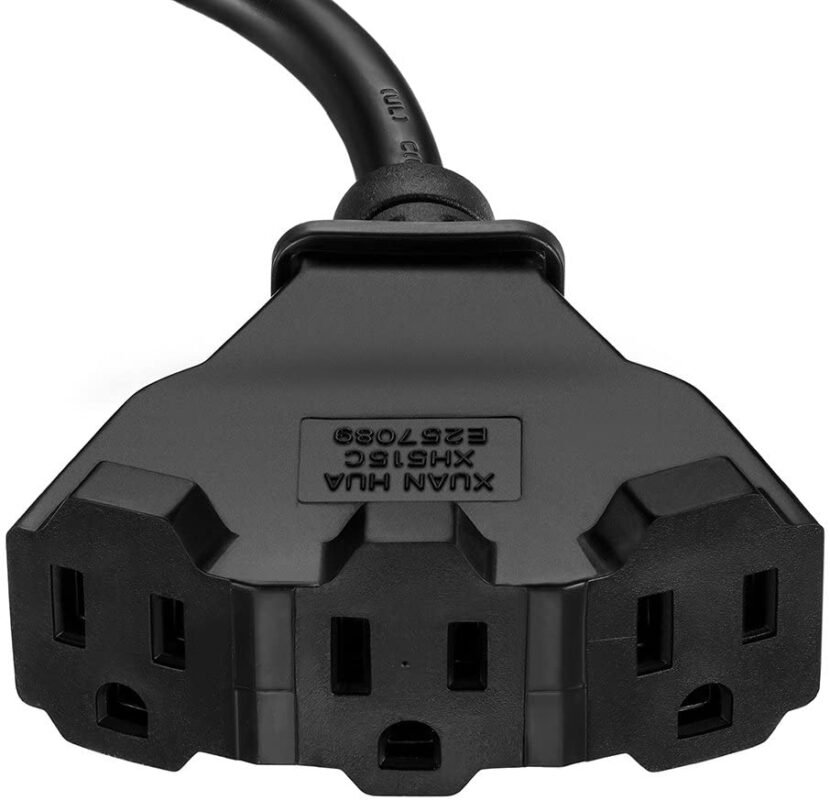

Lighted Balls Grid #2
A lighted ball grid that goes from extension cord to extension cord but has a third cord that hangs down for the lighted ball. This diagram shows lighted balls joined by using extension cords connected and a third short extension cord that will go from the ceiling down to the lighted ball and form a grid of nine balls. We feel this diagram will be more helpful because of the size of extension cords used gives you more control to create your grid. The type of extension cord used is essential to the working and must have a three female end. We added a GFCI outlet at the beginning as with the first grid display in case it comes in contact with water, so it will automatically shut off safety.

We have gathered a list of products that we think will help your project in the most cost-efficient way without sacrificing safety.
Outdoor Extension Cord Use With GFCI
In our diagram demonstration, we use the shorter three-foot GFCI extension cord, but have included the fifty and on the hundred-foot GFCI extension cord.
Outdoor Heavy Duty Programmable Timers
Outdoor Light Sensor Timer
24 Hours Heavy Duty Waterproof Outlet Timer with 2, 4, 6 or 8 Hours Countdown Mode, 3 Grounded Electrical Outlet for Home Backyard Garden
BN-LINK Outdoor Power Strip Yard Stake Timer
Timer(w Remote Control) with Photocell Dusk Till Dawn, or On at Dusk & 2, 4, 6, 8 Hour Countdown, 6 Grounded Outlets 6 ft Cord Weatherproof 1875W/15A ETL Listed
BN-LINK 7 Day Outdoor Heavy Duty Digital Programmable Timer
Programmable Timer BND/U78, 125VAC, 60Hz, Dual Outlet, Weatherproof, Heavy Duty, Accurate For Lamps Ponds Christmas Lights 1875W 1/2HP ETL Listed
For Outdoor Use
You can use an outdoor extension cord inside but never use an indoor extension cord outdoors.
Choosing the correct length of extension cord.
How to choose the correct length of extension cord you will need for your project. The first extension cord will be the distance from the power source to the beginning of your grid. First, you must know how far apart you are placing the lighted ball to one another. Then, you must know how far down your lighted balls will be hanging. Now, calculate the distance apart and the length down, then add two or three feet for any adjustments. Select the closest size extension cord offered in the list below. You can feel confident you have the correct length you will need.

3 ft 12/3 Outdoor Extension Cord, Heavy Duty 3-Outlet SJTW Indoor/Outdoor Three-Prong Power-Cord 12-Gauge Grounded 15-Amp 1875 Watts
6ft 12 Gauge

Extension Cord Outdoor, ShineKee 6ft 12 Gauge UL Listed Heavy-Duty All-Weather Indoor/Outdoor Use Triple Outlet Extension Cord 12AWG 125Vac 15Amp 1875Watt For Outdoor, Garden Electric Appliances
10ft 12 Gauge

Outdoor Extension Cord, ShineKee 10ft 12 Gauge UL Listed Heavy Duty All-Weather Indoor/Outdoor Use Triple Outlet Extension Cord 12AWG 125Vac 15Amp 1875Watt For Outdoor, Garden, Electric Appliances
15ft 12 Gauge

15 ft 12/3 Outdoor Extension Cord, Heavy Duty 3-Outlet SJTW Indoor/Outdoor Three-Prong Power-Cord 12-Gauge Grounded 15-Amp 1875 Watts
25ft 12 Gauge
25 ft 12/3 Outdoor Extension Cord, Heavy Duty 3-Outlet SJTW Indoor/Outdoor Three-Prong Power-Cord 12-Gauge Grounded 15-Amp 1875 Watts
50ft 12 Gauge
Power Extension Cord, ShineKee 50ft 12 Gauge UL Listed Heavy Duty All-Weather Indoor/Outdoor Use Triple Outlet Extension Cord 12AWG 125Vac 15Amp 1875Watt For Outdoor, Garden, Electric Appliances
100ft 12 Gauge
Extension Cord 100 ft, ShineKee 100ft 12 Gauge UL Listed Heavy-Duty All-Weather Indoor/Outdoor Use Triple Outlet Extension Cord 12AWG 125Vac 15Amp 1875Watt For Outdoor, Garden, Electric Appliances
For Indoor Use
You can use an outdoor extension cord inside but never use an indoor extension cord outdoors.

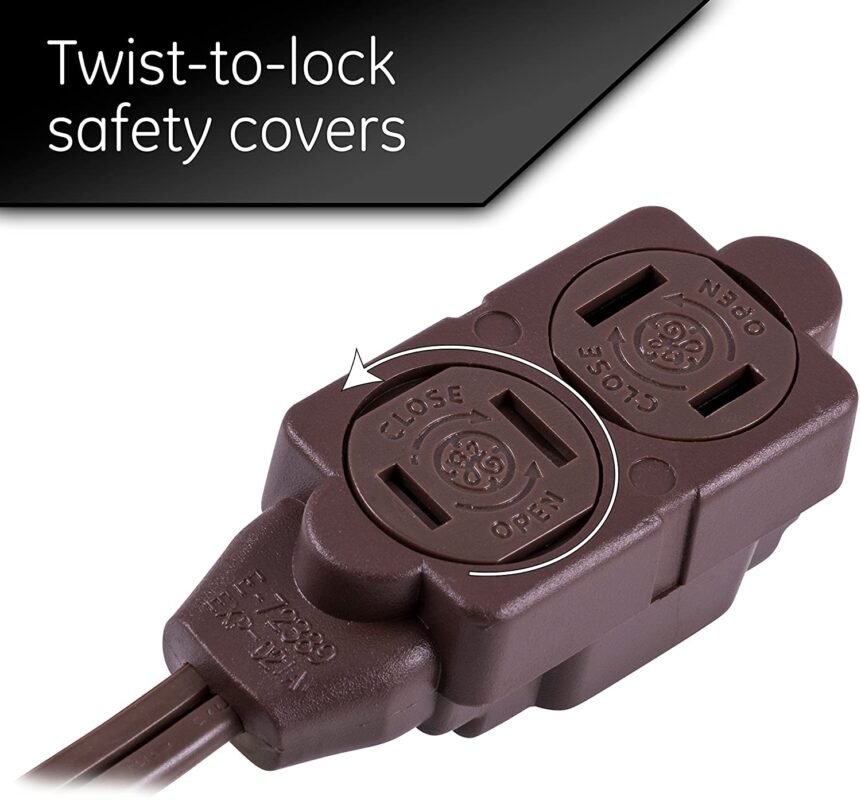
6 Ft Extension Cord, 2 Prong, 16 Gauge, Twist-to-Close Safety Outlet Covers, Indoor Rated, Perfect for Home, Office or Kitchen, UL Listed, Brown, 51932
9 Ft Extension Cord, 2 Prong, 16 Gauge

9 Ft Extension Cord, 2 Prong, 16 Gauge, Twist-to-Close Safety Outlet Covers, Indoor Rated, Perfect for Home, Office or Kitchen, UL Listed, Brown, 51942, 9 ft, 9 Ft
12 Ft Extension Cord, 2 Prong, 16 Gauge

12 Ft Extension Cord, 2 Prong, 16 Gauge, Twist-to-Close Safety Outlet Covers, Indoor Rated, Perfect for Home, Office or Kitchen, UL Listed, Brown, 51942, 9 ft, 9 Ft
15 Ft Extension Cord, 2 Prong, 16 Gauge

15 Ft Extension Cord, 2 Prong, 16 Gauge, Twist-to-Close Safety Outlet Covers, Indoor Rated, Perfect for Home, Office or Kitchen, UL Listed, Brown, 51942, 9 ft, 9 Ft


